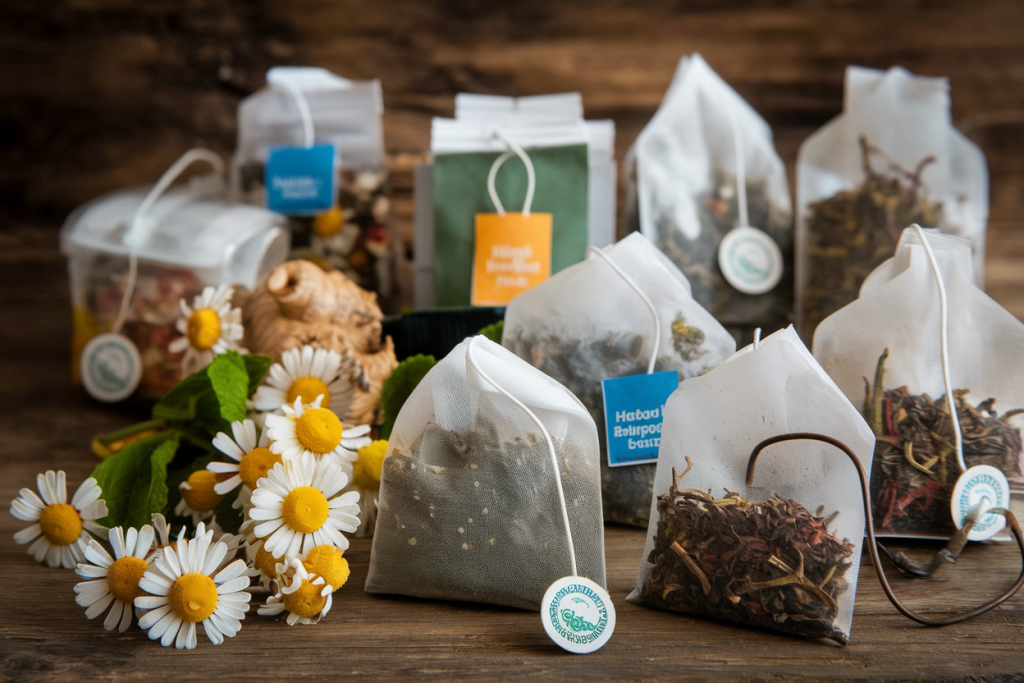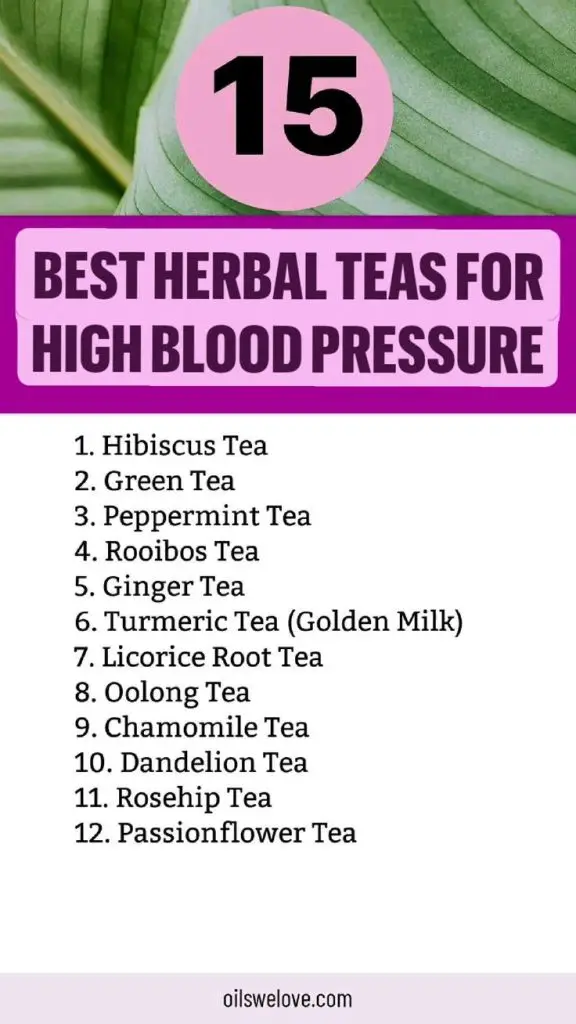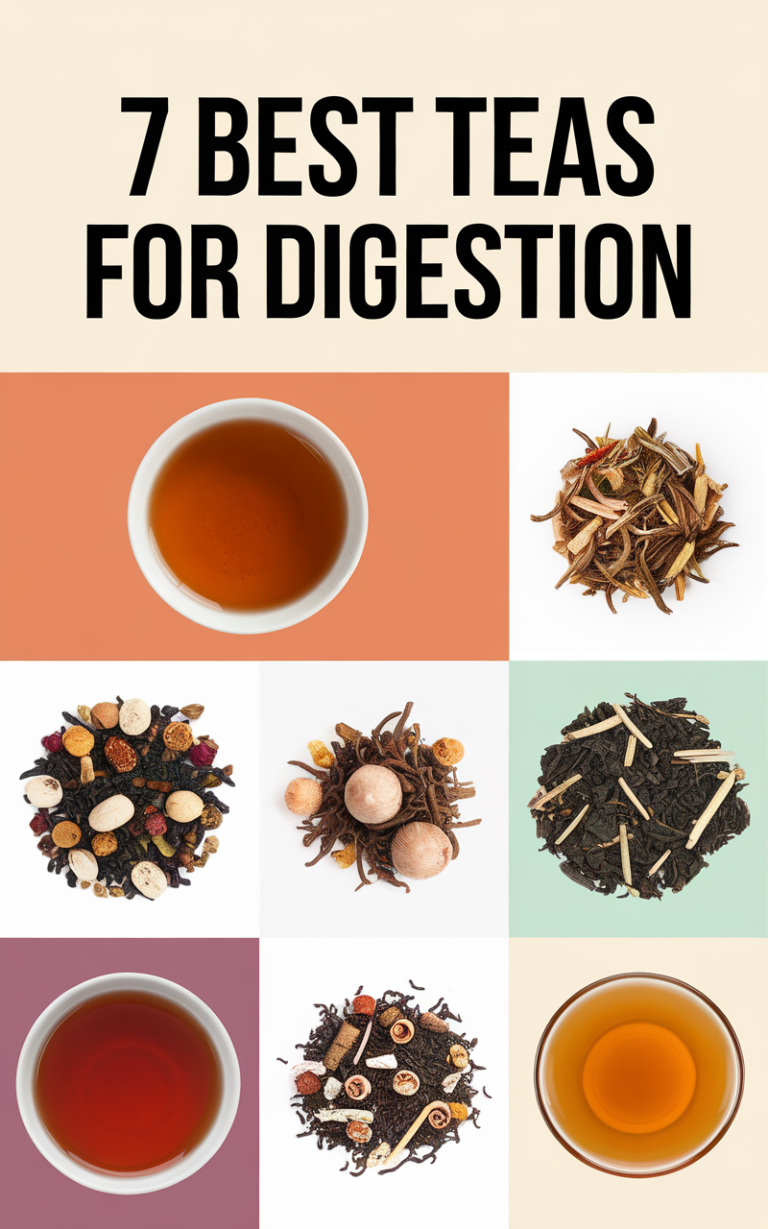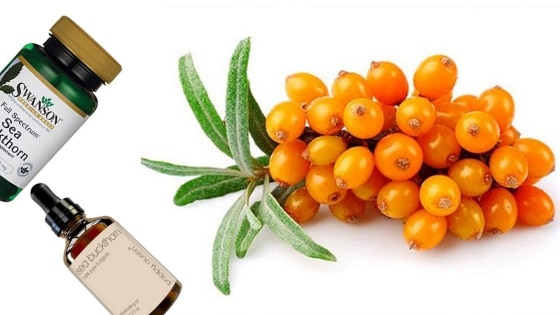13 Best Herbal Teas for High Blood Pressure
High blood pressure, also known as hypertension, is a common health issue that affects millions of people worldwide. While medications can help manage high blood pressure, many people are turning to herbal teas as a natural remedy. In this article, we will explore 13 of the best herbal teas that have been shown to help lower high blood pressure.

When it comes to managing high blood pressure, herbal teas can be a great addition to your daily routine. Not only are they delicious and soothing, but many herbs have been found to have properties that can help lower blood pressure. Here are 13 herbal teas that have been shown to be particularly effective:
- Hibiscus Tea
- Green Tea
- Hawthorn Tea
- Olive Leaf Tea
- Cat’s Claw Tea
- Ginger Tea
- Dandelion Tea
- Cinnamon Tea
- Licorice Root Tea
- French Lavender Tea
- Cardamom Tea
- Mistletoe Tea
- Valerian Tea
Including these herbal teas in your daily routine, along with a healthy diet and regular exercise, can help you manage your high blood pressure naturally. So why not give these herbal teas a try and see the difference they can make for your health!

Herbal Teas That May Help Manage Blood Pressure
In the quest for natural remedies to help manage blood pressure, herbal teas offer a spectrum of benefits. These teas, infused with nature’s finest ingredients, can play a role in supporting cardiovascular health. Here’s a deep dive into some of these healthful sips, each with its own unique charm and potential benefits.
1. Hibiscus Tea

Hibiscus tea is adored for its vibrant color and tart flavor. But beyond its beauty, hibiscus tea is packed with anthocyanins and antioxidants, elements that have shown promising results in reducing high blood pressure. Regularly sipping on this tea might help unleash its magic on systolic blood pressure, particularly beneficial for those grappling with hypertension. Learn more.
2. Green Tea
Green tea is a staple in many cultures, revered not just for its refreshing taste but also for its health benefits. Rich in catechins, especially EGCG, this tea can potentially aid in maintaining healthy blood pressure levels. By incorporating green tea into your daily routine, you may find it easier to keep blood pressure in check. Explore the science.
3. Peppermint Tea

Peppermint tea might not directly zap high blood pressure, but its ability to relax blood vessels and boost circulation makes it a alluring choice for cardiovascular wellness. The tea’s refreshing taste paired with its calming properties can be a soothing experience, potentially contributing to better heart health. Read more.
4. Rooibos Tea
Rooibos tea is a caffeine-free delight that’s rich in antioxidants. These compounds may help reduce inflammation, a known contributor to high blood pressure. By sipping rooibos tea regularly, you could support cardiovascular function and help manage blood pressure effectively. Discover the details.
5. Ginger Tea
Ginger tea offers a spicy kick that’s loaded with anti-inflammatory properties. These properties are what might make ginger tea a friend to those with hypertension. By improving blood vessel function and reducing inflammation, ginger tea can be a flavorful addition to a blood pressure-friendly lifestyle. Find out more.
6. Turmeric Tea (Golden Milk)
Turmeric tea, often enjoyed as golden milk, is a luscious blend with anti-inflammatory hero, curcumin. This bright spice is known for its potential to reduce inflammation in blood vessels, which could gradually support lower blood pressure levels. Embracing turmeric tea can be both a treat and a health boon. Uncover the benefits.
7. Licorice Root Tea
Licorice root tea delivers sweetness and health benefits through glycyrrhizin, which can help relax blood vessels. While its effects on circulation are promising, moderation is key due to potential impacts on kidneys and heart health. Savory in flavor, it’s a tea to savor mindfully. Delve into the research.
8. Oolong Tea
Oolong tea offers a harmonious blend of tastes from both green and black teas. Its partial fermentation retains beneficial compounds like catechins, potentially aiding in lowering blood pressure over time. A cup of oolong can be an aromatic, flavorful way to support cardiovascular health. Learn the benefits.
9. Chamomile Tea
Chamomile tea is well-loved for its calming effects, but its benefits don’t stop there. Packed with flavonoids, chamomile may assist in relaxing blood vessels and enhancing cardiovascular health. Its stress-relieving properties can indirectly support lower blood pressure levels. Explore the calming effects.
10. Dandelion Tea
Dandelion tea is a powerhouse of potassium, crucial for fluid balance and blood pressure regulation. This often-overlooked tea can play a significant role in maintaining blood pressure when paired with other lifestyle shifts. Its earthy flavor is a bonus in your health regimen.
11. Rosehip Tea
Rosehip tea is brimming with vitamin C and antioxidants. These nutrients may enhance cardiovascular health by improving lipid profiles and combating oxidative stress on blood vessels. Regularly enjoying rosehip tea could contribute to a heart-smart lifestyle.
12. Passionflower Tea
Passionflower tea stands out with its natural sedative properties. While it may not directly lower blood pressure, its ability to manage stress can be invaluable. Promoting relaxation, this tea can be an ally in a stress-reducing routine essential for blood pressure management.
13. Lemon Balm Tea
Lemon balm tea contains rosmarinic acid, known for its anti-inflammatory prowess. This tea might support reducing inflammation within blood vessels, indirectly aiding in the battle against high blood pressure. Its soothing aroma and taste make it a delightful daily ritual.
Herbal teas offer a delightful way to potentially support blood pressure management. Alongside a balanced lifestyle, these teas can be more than just a comforting beverage; they can be a step towards a healthier heart.






